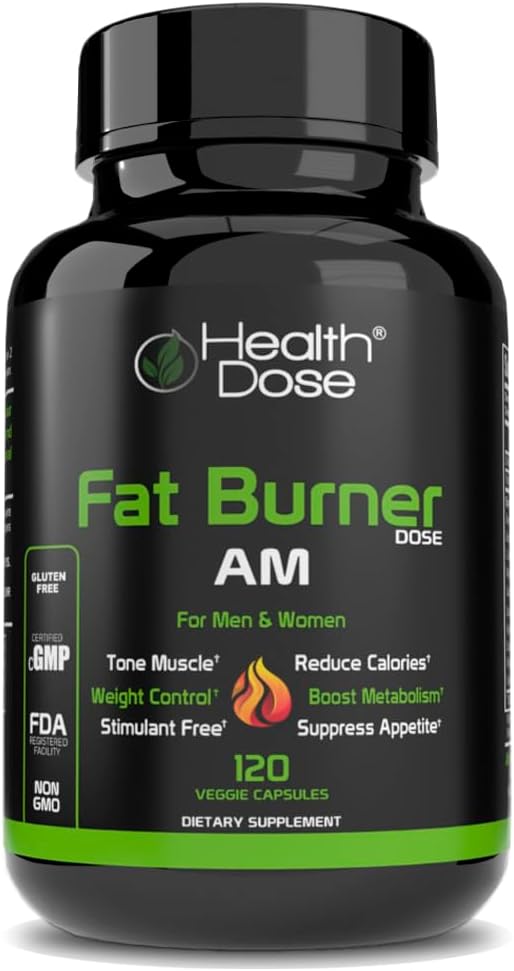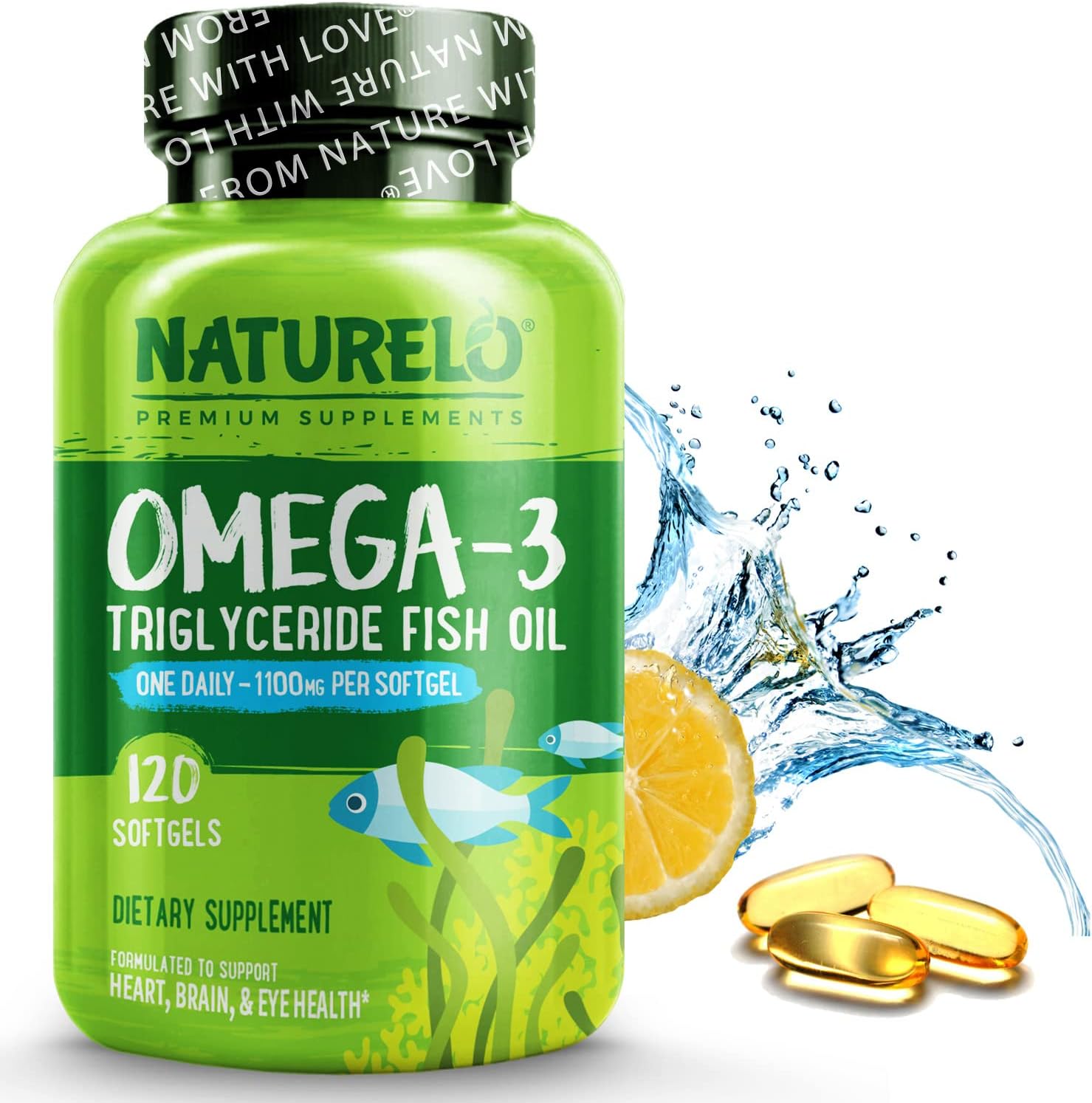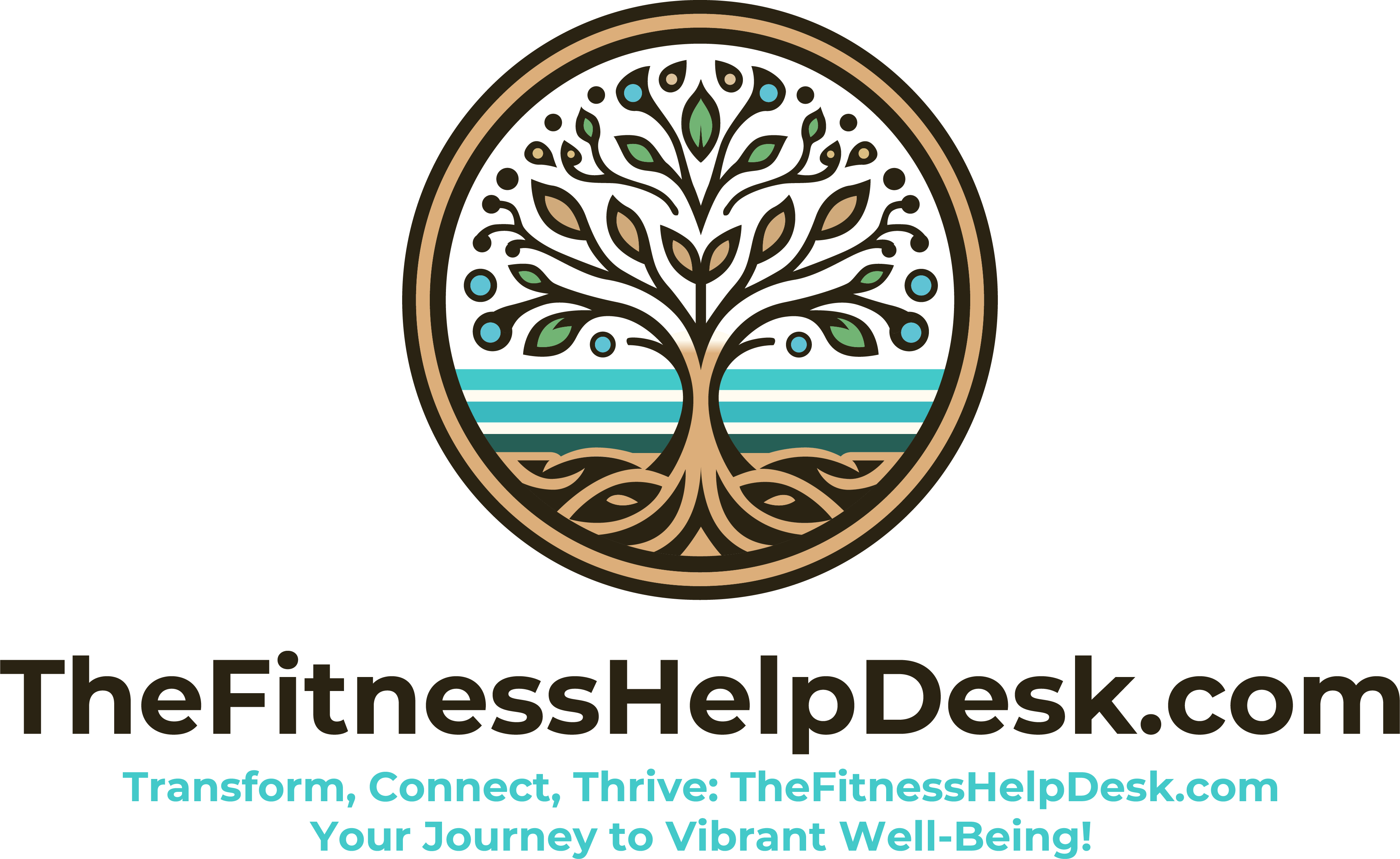Are you confused about what constitutes a balanced diet for your fitness goals?
Separate fact from fiction when it comes to nutrition for optimal health.
This article will debunk common myths about fitness nutrition, such as the belief that carbs are bad for you or that you need to eat less to lose weight.
We will provide practical steps for creating a sustainable nutrition plan, including determining your calorie needs and incorporating variety and moderation.
Stay hydrated and make informed choices for your fitness journey!
What is a Balanced Diet?
A balanced diet is essential for optimal health and wellness, encompassing a mix of nutrients that support the body’s functions and promote overall well-being. It involves making conscious food choices that provide the necessary vitamins, minerals, macronutrients, and micronutrients needed for the body to thrive.
Consuming a variety of foods such as fruits, vegetables, whole grains, lean proteins, and healthy fats is key to ensuring that one receives essential nutrients like vitamin C, vitamin D, calcium, iron, omega-3 fatty acids, and fiber.
These nutrients play crucial roles in boosting immunity, maintaining strong bones and muscles, regulating metabolism, and preventing chronic diseases such as heart disease, diabetes, and certain cancers.
By incorporating a colorful array of nutrient-dense foods into one’s daily meals, individuals can enhance their overall health and well-being.
What are the Essential Nutrients for a Balanced Diet?
Essential nutrients play a crucial role in maintaining a balanced diet and supporting overall health. These include vitamins, minerals, macronutrients, and micronutrients that are vital for various bodily functions and processes.
Vitamins are organic compounds that help regulate metabolism and aid in energy production. Minerals, on the other hand, are inorganic elements that contribute to bone health, nerve function, and fluid balance in the body.
Macronutrients such as carbohydrates, proteins, and fats provide the energy needed for daily activities and support muscle growth and repair. Micronutrients like iron, zinc, and vitamin C play key roles in immune function, wound healing, and antioxidant protection.
Ensuring a diverse diet with a variety of fruits, vegetables, whole grains, and lean proteins is essential to obtain these nutrients and maintain optimal health.
Debunking Common Myths about Fitness Nutrition
In the realm of fitness nutrition, there exist numerous myths and misconceptions that can hinder individuals from making informed dietary choices. It is crucial to separate fact from fiction to optimize health and fitness outcomes.
One of the common myths is that carbohydrates should be completely avoided for weight loss. Not all carbs are created equal, and complex carbohydrates found in whole grains, fruits, and vegetables are essential for providing sustained energy.
Another misconception is that consuming fats leads to weight gain, but healthy fats like those found in avocados and nuts are crucial for brain health and hormone production. By understanding these nuances and focusing on evidence-based nutrition, individuals can fuel their bodies effectively for optimal performance.
Myth 1: Carbs are Bad for You
One prevalent myth in fitness nutrition is the belief that carbs are inherently harmful to health and should be avoided. Carbohydrates are a crucial source of energy and play a significant role in supporting various bodily functions.
Carbohydrates are the body’s main source of energy, providing fuel for muscles and the brain. They are essential for optimal physical performance and mental clarity.
Different types of carbohydrates, such as simple sugars and complex carbohydrates, impact the body differently. Simple sugars are quickly absorbed, providing a rapid energy boost, while complex carbohydrates provide sustained energy release. Balancing the intake of these carbohydrates is key to meeting fitness goals and maintaining overall health.
Including whole grains, fruits, vegetables, and legumes in your diet ensures a diverse range of carbohydrates to support your body’s needs.
Myth 2: You Need to Eat Less to Lose Weight
Another common myth surrounding weight loss is the notion that eating less is the key to shedding pounds. While creating a calorie deficit is important for weight loss, it is equally vital to prioritize nutrient-dense foods and maintain a balanced diet.
Consuming fewer calories than your body expends is central to weight management, but the quality of those calories matters just as much. Opting for whole foods rich in vitamins, minerals, and fiber not only aids in achieving sustainable weight loss but also supports overall health. Building meals around lean proteins, fruits, vegetables, whole grains, and healthy fats ensures a diverse nutrient intake that keeps you feeling satisfied and energized. Balancing protein, carbs, and fats helps regulate blood sugar levels and metabolism, contributing to successful weight loss efforts.
Myth 3: All Fats are Unhealthy
There is a misconception that all fats are detrimental to health, leading many to avoid fat-rich foods altogether. In reality, certain fats, such as unsaturated fats, are essential for overall well-being and should be included in a balanced diet.
These healthy fats, found in foods like avocados, nuts, and olive oil, play a crucial role in supporting brain function, regulating hormones, and maintaining healthy skin.
On the other hand, trans fats and saturated fats, commonly found in processed foods and fried items, can raise bad cholesterol levels and increase the risk of heart disease.
It’s important to distinguish between the various types of fats and make informed choices to promote heart health and overall wellness.
Myth 4: Supplements are Necessary for Optimal Health
A prevalent myth in the realm of fitness nutrition is the belief that supplements are essential for achieving optimal health. While supplements can complement a healthy diet, they are not a replacement for nutrient-rich foods and a balanced eating plan.
Whole foods offer a spectrum of vital nutrients that work synergistically to nourish the body in ways that isolated supplements cannot replicate. The key lies in the diversity and quality of the food choices. Emphasizing a variety of fruits, vegetables, whole grains, lean proteins, and healthy fats ensures a well-rounded nutritional intake. While supplements can be useful in addressing specific deficiencies or for targeted support, they should be viewed as a supplement to, not a substitute for, a wholesome diet.
How to Create a Sustainable Nutrition Plan for Fitness
Developing a sustainable nutrition plan for fitness involves meticulous meal planning, incorporating nutrient-dense superfoods, and ensuring a balance of macronutrients and micronutrients to support fitness goals effectively.
Meal planning is a critical aspect of structuring a nutrition plan tailored to individual fitness objectives. By mapping out meals in advance, individuals can ensure they are consuming the necessary nutrients required to fuel their workouts and aid in post-exercise recovery.
Superfoods, such as quinoa, chia seeds, and kale, can be integrated into daily meals to boost nutrient intake and provide essential vitamins and minerals. Achieving a balance of protein, carbohydrates, and healthy fats is essential for sustained energy levels and muscle recovery, aligning dietary choices with specific fitness goals.
Step 1: Determine Your Calorie Needs
- The first step in crafting a sustainable nutrition plan for fitness is to accurately determine your calorie needs based on factors such as activity level, metabolism, and fitness goals. Proper meal timing and performance nutrition are crucial aspects to consider in calorie management.
By understanding your daily energy expenditure through activities and metabolism, you can calculate the right amount of calories needed to support your fitness objectives. Matching your food intake with your energy requirements can greatly impact your performance and weight management. For instance, consuming a balanced meal rich in carbohydrates and protein before a workout can enhance your energy levels and workout performance.
Step 2: Choose Whole, Nutrient-Dense Foods
Opting for whole, nutrient-dense foods is essential in a sustainable nutrition plan for fitness, as they provide a rich array of vitamins, minerals, and macronutrients necessary for energy levels, muscle building, and overall health. Embrace evidence-based practices in meal planning to optimize nutritional intake.
When it comes to fueling your body for optimal performance, selecting foods that offer the most nutritional benefits is key. By strategically planning your meals to include a variety of nutrient-dense options such as lean proteins, whole grains, fruits, and vegetables, you can ensure that you are meeting your body’s needs for sustained energy and muscle recovery. Incorporating these nutritious choices into your diet not only supports your fitness goals but also enhances overall well-being by providing essential nutrients that promote health and vitality.
Step 3: Incorporate Variety and Moderation
Incorporating variety and moderation into your nutrition plan is crucial for sustaining long-term adherence and promoting overall well-being. A balanced diet that includes diverse food choices supports muscle recovery, weight management, and aligns with the dynamic landscape of the fitness industry.
By incorporating a wide range of nutrient-rich foods such as fruits, vegetables, whole grains, lean proteins, and healthy fats, you provide your body with essential nutrients and energy it needs for optimal performance. This approach not only aids in muscle repair and growth after workouts but also helps in maintaining a healthy weight and improving overall fitness levels.
The fitness industry is continuously evolving, with an increasing focus on holistic health and sustainable lifestyle approaches, making a balanced diet an essential component for anyone looking to achieve long-lasting results in their fitness journey.
Step 4: Listen to Your Body’s Needs
Listening to your body’s signals and responding to its needs is a fundamental aspect of creating a sustainable nutrition plan for fitness. By establishing a mind-body connection and fostering healthy practices, individuals can effectively manage weight, support their fitness regimen, and enhance overall well-being.
This approach involves tuning in to your body’s cues during meal times, recognizing hunger and fullness signals, and making food choices that nourish both your physical and emotional well-being. When individuals adopt mindful eating, they can cultivate a deeper awareness of how different foods impact their energy levels and overall health. Intuitive eating plays a crucial role in this process, encouraging people to listen to their bodies, trust their internal cues, and develop a positive relationship with food.
The Role of Hydration in Fitness Nutrition
Hydration plays a pivotal role in fitness nutrition, influencing various aspects of health and performance, including muscle building, digestive health, and overall well-being. Adequate hydration is essential for optimal physical and mental function.
- By staying properly hydrated, the body can effectively transport nutrients to muscles, aiding in their growth and repair post-workout. Hydration supports proper digestion, helping to prevent issues like constipation and bloating.
- Maintaining adequate hydration levels is crucial during exercise to regulate body temperature, lubricate joints, and support cardiovascular function. Staying hydrated is vital for mental clarity and focus, as dehydration can lead to cognitive decline and fatigue.
Prioritizing hydration is key to maximizing physical activity, mental well-being, and essential bodily functions.
How Much Water Should You Drink?
Determining the appropriate amount of water to drink is essential for maintaining hydration levels and supporting vital bodily functions. Hydration not only aids the immune system and heart health but also provides essential nutrients for the body’s overall well-being.
Incorporating sufficient water intake into daily routines helps regulate body temperature, improve digestion, and flush out toxins.
The body relies on proper hydration to carry out metabolic processes efficiently and maintain cognitive function.
By staying adequately hydrated, individuals can enhance their skin health, boost energy levels, and support the transport of essential nutrients throughout the body.
It’s crucial to listen to your body’s cues for thirst and ensure you are consistently replenishing lost fluids throughout the day.
What are the Best Hydration Strategies for Exercise?
Implementing effective hydration strategies is vital for maintaining energy levels, supporting muscle recovery, and enhancing overall performance during exercise. Education on wellness practices and performance nutrition can optimize hydration outcomes for fitness enthusiasts.
This includes ensuring adequate fluid intake before, during, and after workouts to prevent dehydration and maintain peak physical condition. In addition, incorporating electrolytes into hydration routines can help replenish key minerals lost through sweat and improve muscle function. By prioritizing hydration as a fundamental component of your fitness regimen, you can effectively support your body’s needs and elevate your performance levels.
Frequently Asked Questions
What are some common myths about fitness nutrition?
Some common myths about fitness nutrition include: eating a lot of protein will make you bulk up, carbohydrates are bad for you, and you should only eat certain foods before/after a workout.
Is it true that protein will make me bulk up?
No, this is a common misconception. While protein is important for building and repairing muscle, it will not make you bulk up unless you pair it with a specific workout routine and calorie surplus.
Are carbohydrates bad for you?
No, carbohydrates are an essential part of a healthy diet. They provide energy for your body and brain, but it’s important to choose complex carbs like whole grains, fruits, and vegetables instead of processed and sugary options.
Should I only eat certain foods before/after a workout?
There is no one-size-fits-all answer to this question. It’s important to have a balanced and nutritious diet overall, but your pre and post-workout meals should be tailored to your individual needs and goals.
Do I need to take supplements to be healthy?
Not necessarily. While some people may benefit from certain supplements, it’s important to get most of your nutrients from a well-rounded diet. Consult with a healthcare professional before starting any new supplement regimen.
How can I make sure my fitness nutrition plan is right for me?
The best way to make sure your fitness nutrition plan is right for you is to consult with a registered dietitian or certified nutritionist. They can assess your individual needs and create a personalized plan that helps you reach your goals while staying healthy.






























